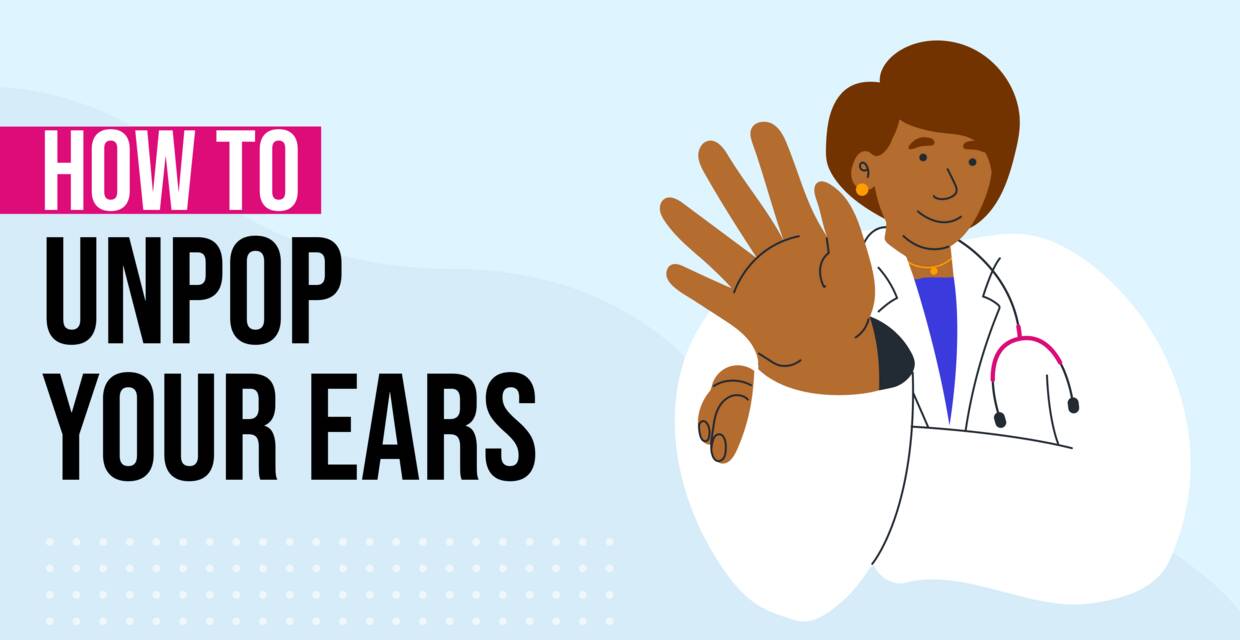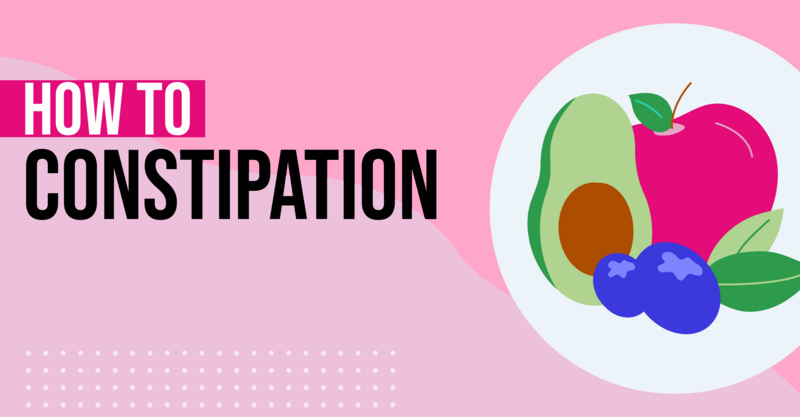Key Points
- Ear pressure, often caused by altitude changes, colds, allergies, or infections, can be relieved by popping your ears, which helps move fluid and equalize pressure.
- The eustachian tube, connecting the middle ear to the throat, is key in equalizing ear pressure; fluid build-up here can cause discomfort.
- Eight safe methods to relieve ear pressure include blowing up a balloon, flexing your jaw, yawning, swallowing with your nose closed, applying a warm compress, chewing gum, sucking on candy, and using decongestants or nasal corticosteroids.
- The Valsalva Maneuver, a method of exhaling with your nostrils and mouth closed, is a last resort due to the risk of eardrum rupture.
- Frequent need to pop your ears may indicate a health condition like eustachian tube dysfunction or chronic ear infections, warranting a doctor's consultation.
Traveling to a higher elevation or battling a head cold can cause you to feel pressure in your ears and may even affect your hearing. This can be uncomfortable and have you wondering if it's safe to “pop your ears”. Furthermore, you may be wondering how to pop your ears. Below you’ll find the 8 best ways we’ve compiled as some of the safest and most effective ways to pop your ears.
What Happens When You Pop Your Ears
The eustachian tube connects your middle ear to the back of your throat and acts as a drainage pipe for fluid, according to the Cleveland Clinic. It also plays an important role in equalizing air pressure inside your ears. Allergies and infections (like the common cold) can cause a fluid build-up in the eustachian tube. Additionally, changes in altitude can also cause pressure to build up in your eustachian tube. This commonly happens when you’re flying in an airplane, traveling up or down mountains, or scuba diving. When you “pop” your ears, you essentially help to move the build-up of fluid or equalize the pressure within your eustachian tube.
How to Pop Your Ears Safely
1. Blow up a Balloon
The pressure you use to expand a balloon can help push air through your eustachian tube, which can relieve the feeling of pressure, according to WebMD. They note that there are even special balloons that can be used to do this—however, a regular latex balloon can be used as well. WebMD recommends that you avoid this method if you have a cold or runny nose because you may push mucus into your eustachian tube which can worsen your symptoms.
2. Flex Your Jaw
In some cases, simply flexing or clenching your jaw can relieve pressure in your ears, according to WebMD. This is a method that is usually very gentle, however, it may not work in some cases.
3. Yawn
Similar to flexing your jaw, yawning can help equalize the pressure on the inside and outside of your ears, according to WebMD. This is a method that is easy to try if you have nothing else (like a balloon or chewing gum) that could help.
4. Swallow With Your Nose Closed
Swallowing with your nose closed is called the Toynbee maneuver, according to Healthline. For this method, you pinch your nostrils closed with your fingers and then swallow. This generates pressure in the back of the nose which can unclog your eustachian tube, according to Healthline.
5. Warm Compress
Using a covered heating pad or hot water bottle can help ease the pain and discomfort from ear pressure, according to Healthline. This method is especially useful if you are dealing with an ear infection or sinus infection.
6. Chew Gum
Chewing gum can help pop your ears because of the repetitive flexing of the jaw muscles, according to Medical News Today. The stimulation of saliva production may also help, they note.
7. Suck on Candy
If you don’t have any chewing gum on hand, sucking on a piece of candy can also help, according to Healthline.
8. Decongestants and Nasal Corticosteroids
Using over-the-counter decongestants or nasal corticosteroids can help decrease mucus production and reduce inflammation, according to Healthline. This may be especially helpful if your ear pressure is due to allergies or a head cold, they note. Some brands of nasal corticosteroids you may be familiar with include Afrin or Flonase.
9. Valsalva Maneuver
The Valsalva Maneuver is recommended as a last resort, according to Medical News Today. They note that this is because there is a small chance you could rupture your ear drum. To do this maneuver, you take a deep breath, pinch your nose shut with your fingers, and then try to blow air through your nose with your mouth shut.
When to see a Doctor for Ear Pressure
If your ears often feel like they need to be popped, you might have an underlying health condition, according to Medical News Today. Conditions like Eustachian tube dysfunction or chronic ear infections need to be evaluated by a doctor. They also note that in some cases, ventilation tubes are surgically placed to help drain fluid from behind the ear drum.
Sources:
How to Pop Your Ears. (December 12, 2023) https://www.medicalnewstoday.com/articles/321148
How to Pop Your Ears. (December 12, 2023) https://www.healthline.com/health/how-to-pop-your-ears
How to Pop Your Ears. (December 12, 2023) https://www.webmd.com/a-to-z-guides/pop-your-ears
Eustachian Tubes. (December 12, 2023) https://my.clevelandclinic.org/health/body/22072-eustachian-tubes
Frequently asked questions
What causes ear pressure discomfort?
Ear pressure discomfort is often caused by changes in altitude, common colds, allergies, or infections that lead to fluid build-up in the eustachian tube.How can I safely relieve ear pressure?
You can relieve ear pressure by blowing up a balloon, flexing your jaw, yawning, swallowing with your nose closed, applying a warm compress, chewing gum, sucking on candy, or using decongestants or nasal corticosteroids.What is the Valsalva Maneuver and why is it a last resort?
The Valsalva Maneuver involves trying to exhale with your nostrils and mouth closed. It's considered a last resort due to the risk of rupturing your eardrum.What is the role of the eustachian tube in ear pressure?
The eustachian tube connects your middle ear to the back of your throat and plays a crucial role in equalizing air pressure within your ears.What does frequent need to pop my ears indicate?
If you frequently need to pop your ears, it might suggest an underlying health condition like eustachian tube dysfunction or chronic ear infections.Is it safe to pop your ears?
Yes, it's generally safe to pop your ears using the methods mentioned. However, if you frequently need to do so, you should consult a doctor.Can I use any candy to relieve ear pressure?
Yes, sucking on any type of candy can help relieve ear pressure as it stimulates swallowing, which can help equalize the pressure.Are there medications that can help relieve ear pressure?
Yes, decongestants or nasal corticosteroids can help relieve ear pressure by reducing inflammation and fluid build-up in the eustachian tube.


 LinkedIn
LinkedIn









